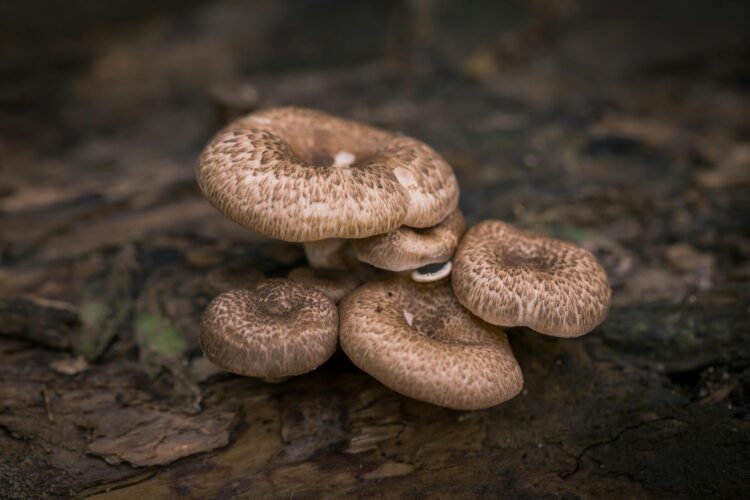Lion’s mane mushroom, known scientifically as Hericium erinaceus, has been gaining attention in the wellness community for its potential mental health benefits, particularly in alleviating anxiety. This fascinating fungus, characterized by its distinctive white, shaggy appearance, is traditionally used in Chinese medicine and is now being explored for its nootropic and neuroprotective properties. Recent studies suggest that lion’s mane may offer significant benefits for those struggling with anxiety, making it an attractive natural supplement for mental well-being.
One of the primary ways lion’s mane aids in reducing anxiety is through its impact on brain health. The mushroom contains bioactive compounds such as hericenones and erinacines, which have been shown to stimulate the production of nerve growth factor (NGF). NGF is crucial for the growth, maintenance, and survival of neurons, the cells responsible for transmitting information in the brain. By promoting neurogenesis and enhancing brain plasticity, lion’s mane helps improve cognitive function and emotional regulation, thereby reducing anxiety symptoms.
Additionally, lion’s mane has notable anti-inflammatory and antioxidant properties that contribute to its anxiety-reducing effects. Chronic inflammation and oxidative stress are known to negatively affect brain health and have been linked to various mental health disorders, including anxiety. The antioxidants in lion’s mane combat oxidative stress by neutralizing free radicals, while its anti-inflammatory compounds help reduce inflammation in the brain. This dual action supports a healthier brain environment, potentially lowering anxiety levels and enhancing overall mental clarity. Shop raw supplements, bulk discount, lab tested 5% off here!
Finally, lion’s mane may also influence anxiety through its impact on the gut-brain axis. The gut-brain axis is the bidirectional communication network between the gastrointestinal tract and the brain. Emerging research suggests that maintaining a healthy gut microbiome is essential for mental health, as the gut produces neurotransmitters like serotonin that regulate mood. Lion’s mane has been found to support gut health by promoting the growth of beneficial gut bacteria. By fostering a balanced microbiome, lion’s mane indirectly supports the production of mood-regulating neurotransmitters, thereby helping to alleviate anxiety and improve emotional well-being.
FAQs
How does lion’s mane help reduce anxiety?
Lion’s mane helps reduce anxiety primarily through its impact on brain health. The mushroom contains compounds like hericenones and erinacines that stimulate the production of nerve growth factor (NGF), which is essential for the growth and maintenance of neurons. By promoting neurogenesis and enhancing brain plasticity, lion’s mane improves cognitive function and emotional regulation. Additionally, its anti-inflammatory and antioxidant properties reduce brain inflammation and oxidative stress, both of which are linked to anxiety. By supporting a healthier brain environment, lion’s mane helps alleviate anxiety symptoms.
Are there any studies supporting the use of lion’s mane for anxiety?
Yes, there are several studies that support the use of lion’s mane for anxiety. Animal studies have demonstrated that lion’s mane can reduce symptoms of anxiety and depression, likely due to its neuroprotective and anti-inflammatory effects. Some human studies also suggest that lion’s mane can improve mood and cognitive function. For example, a study on menopausal women found that consuming lion’s mane cookies for four weeks significantly reduced anxiety and depression compared to a placebo group. While more research is needed, these findings indicate that lion’s mane has potential as a natural supplement for anxiety relief.
How should I take lion’s mane for anxiety relief?
Lion’s mane supplements are available in various forms, including capsules, powders, and extracts. The recommended dosage can vary depending on the product and individual needs, but a common starting point is around 500-1000 mg per day. It’s important to follow the dosage instructions provided by the manufacturer or consult with a healthcare professional before starting any new supplement. Consistency is key, so taking lion’s mane regularly over several weeks may be necessary to observe its full benefits for anxiety. Additionally, incorporating lion’s mane into a balanced diet and healthy lifestyle can enhance its effectiveness in reducing anxiety.


